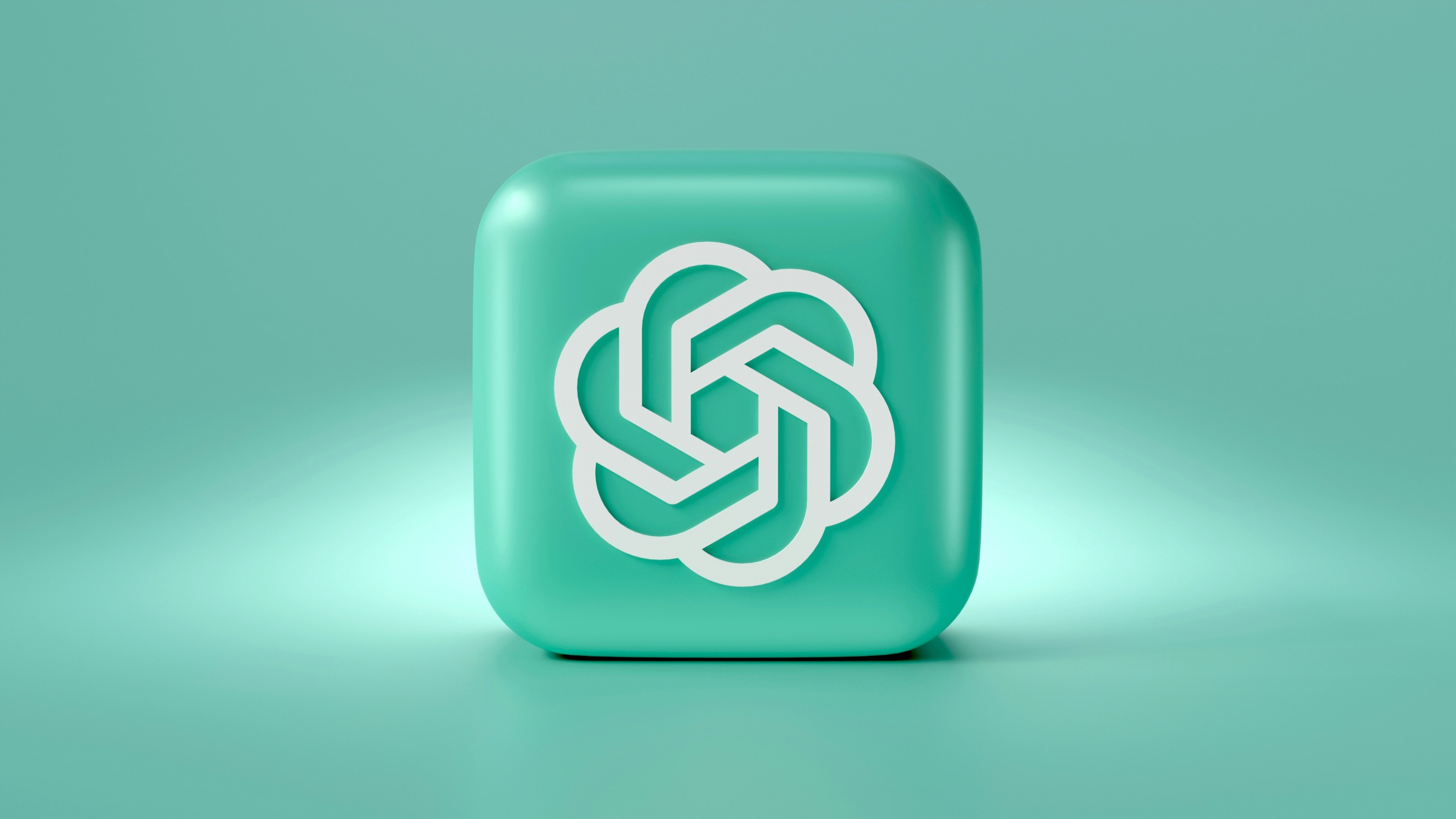· Alel AI · AI · 4 min read
AI Culture and Transformation
Artificial intelligence (AI) is reshaping the way organizations operate, unlocking new opportunities for growth, efficiency, and innovation.

AI Culture and Transformation: Building an AI-Ready Workforce
Artificial intelligence (AI) is reshaping the way organizations operate, unlocking new opportunities for growth, efficiency, and innovation. But to truly harness its potential, businesses must go beyond implementing technology—they need to cultivate an AI-ready culture. This transformation requires fostering trust, building data fluency, and enabling agility throughout the workforce. Without these cultural shifts, even the most advanced AI investments can fall short of their promise.
Why AI Culture Matters
AI isn’t just another tool; it’s a fundamental shift in how organizations approach problem-solving and decision-making. A successful AI transformation depends on more than deploying the latest algorithms—it requires a workforce equipped with the skills, mindset, and trust to use AI effectively.
Organizations with strong AI cultures consistently outperform their peers. Research shows that data-driven companies are twice as likely to exceed business goals compared to their counterparts. An AI-ready culture enables rapid adoption, deeper collaboration, and a willingness to experiment, which are critical for thriving in a competitive, technology-driven market.
Ingredients of an AI-Ready Culture
1. Trust: The Foundation of AI Success
Trust is the cornerstone of any successful AI transformation. Employees need to believe that AI is both competent and designed with their best interests in mind. Without this trust, fear and resistance can hinder adoption.
High-achieving organizations invest heavily in change management, fostering trust through clear communication and ongoing support. They address concerns such as job displacement by focusing on reskilling and demonstrating AI’s ability to augment human capabilities rather than replace them.
As Eileen Vidrine, Chief Data Officer at the U.S. Department of the Air Force, puts it: “It’s really about working together, building collaborative, trusted partnerships. In organizations where that may be lacking, it’s imperative to support trust- and relationship-building to break down silos.”
2. Data Fluency: Empowering Decision-Making
For AI to deliver meaningful results, employees must develop a deeper relationship with data. This doesn’t just mean training technical specialists; it means fostering data literacy across all levels of the organization.
Encouraging employees to think critically about data, ask the right questions, and validate AI outputs is essential. High-performing organizations are three times more likely to trust AI models than their own intuition, but they don’t blindly follow results. Instead, they combine robust testing, validation, and creative problem-solving to make informed decisions.
As Tulia Plumettaz, Director of Data Science at Wayfair, explains: “We don’t accept an answer of, ‘The model said so.’ No. Model outcomes are continuously scrutinized through live testing and validation.”
Upskilling employees is a crucial part of this effort. Providing training in data literacy and AI tools empowers teams to confidently integrate AI into their workflows, ensuring long-term success.
3. Agility: Turning Insights into Action
An AI-ready culture embraces agility, with organizations quickly acting on insights and experimenting with new approaches. This requires a willingness to adopt a “fail-fast, learn-fast” mindset—a significant shift for many businesses accustomed to safer, more secure investments.
Rajeev Ronanki, SVP and Chief Digital Officer at Anthem, emphasizes the importance of this change: “With AI investments and digital transformation in general, you need experimentation and learning from failures. It’s a big change.”
By embedding agility into their culture, organizations can rapidly iterate, adapt, and innovate, positioning themselves to stay ahead in a fast-changing world.
Driving AI Transformation: The Role of Change Management
Building an AI-ready culture requires intentional effort. Change management, incentives, and training are essential for helping employees integrate AI into their work and embrace the new opportunities it brings. Unfortunately, many organizations underinvest in these activities, slowing their transformation and limiting their success.
Effective AI transformations prioritize employee consent and buy-in. Leaders should measure progress with clear KPIs, iteratively refine their programs, and celebrate milestones to build momentum. By fostering trust, improving data fluency, and promoting agility, organizations can create a culture that drives sustained AI-powered success.
Conclusion: Creating a Future-Ready Workforce
The journey to building an AI-ready culture isn’t easy, but it’s essential for unlocking the full potential of AI. By focusing on trust, data fluency, and agility, organizations can equip their workforce to navigate the complexities of AI transformation confidently. With the right investments in change management and training, businesses can ensure their teams are ready not just to adopt AI—but to thrive in an AI-driven world.
Call to Action: “Ready to transform your workforce for the AI era? Contact us to learn how we can help your organization build an AI-ready culture.”



